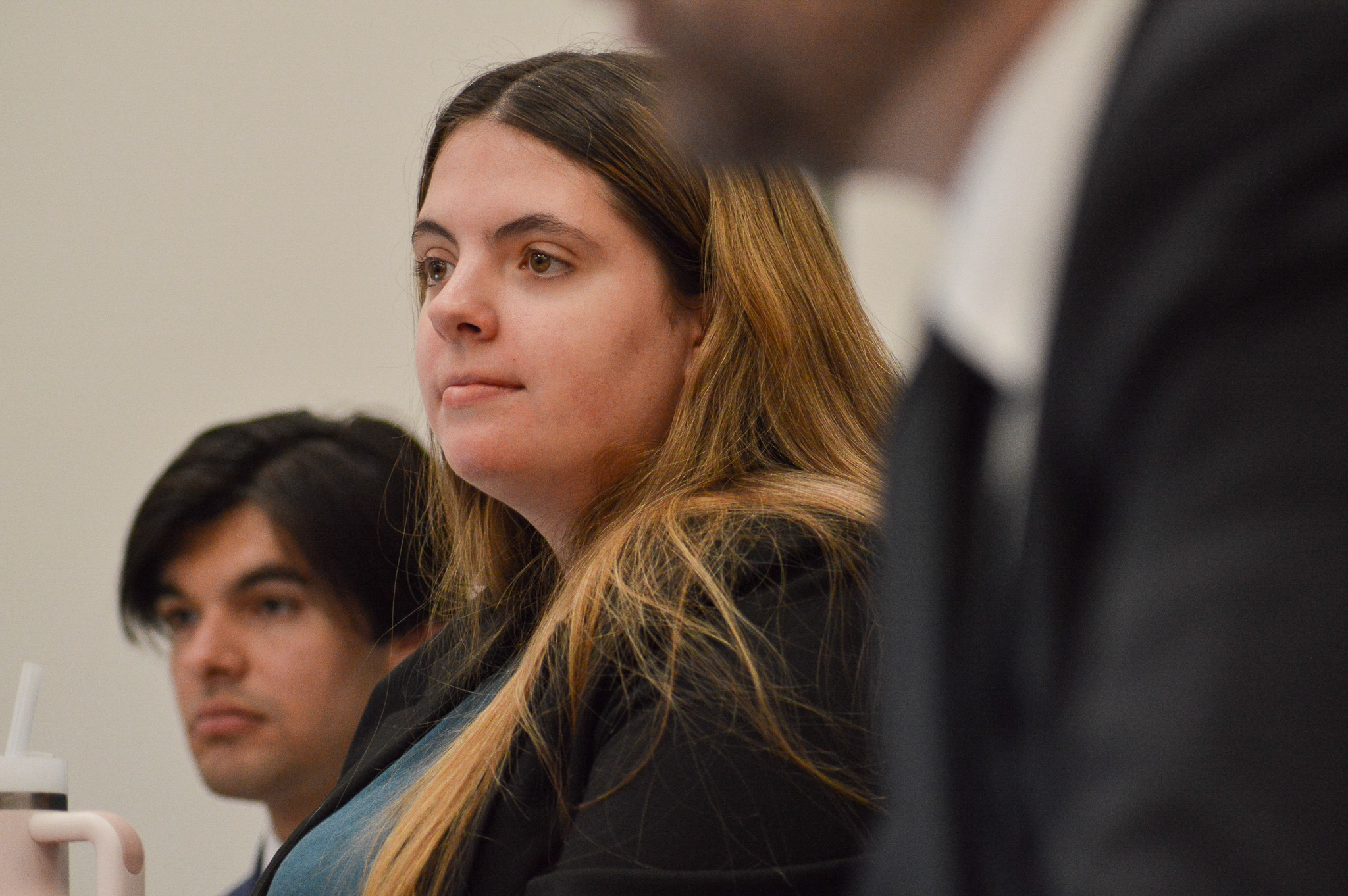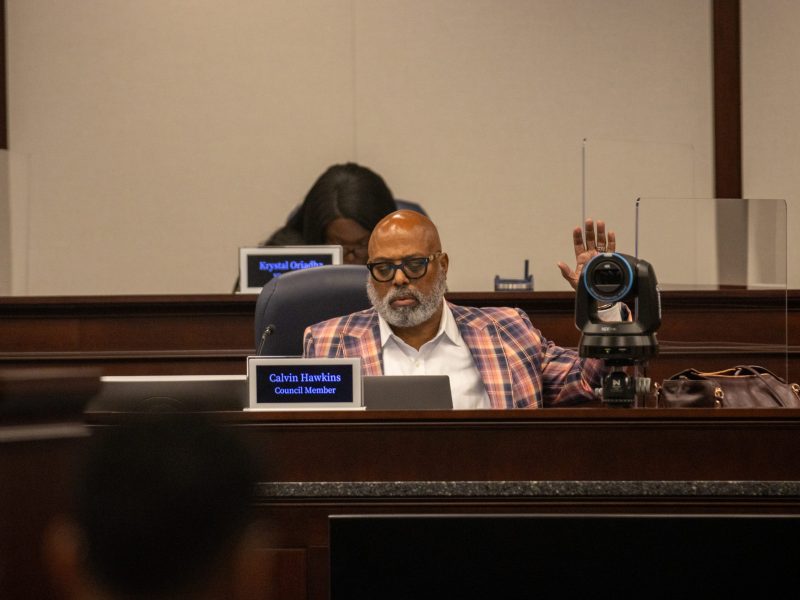The College Park City Council Tuesday discussed ways to improve student involvement in the city government and eliminate barriers to civic engagement in the community.
The council focused on ideas to educate students on the city’s structure, hold more engagement events with the campus community and make students care about local government.
More than 70 percent of University of Maryland students voted in the 2020 presidential election. But encouraging students to get involved in local elections has proved difficult, according to District 2 council member Llatetra Esters.
Students make up a large portion of the College Park population but have notoriously low voter turnout rates for city elections because they are typically registered to cast ballots in their hometowns.
This university’s communications specialist, Antonya da Silva, said community members should work to help the city feel like home to its student population.
[UMD SGA candidates begin campaign for 2023 elections]
Council members proposed creating a neighborhood guide to introduce students to civic associations, public officials and other parts of city government.
Valerie Graham, this university’s student liaison to the council, pointed out that many university students don’t pay attention to the city government or have any knowledge of its members outside of major news.
Students in this area are generally civically engaged, Graham said, but don’t know how they can make a difference.
“I think that if you asked 10 students who live in the city who their council members were, I don’t know if a single one could tell you,” Graham said. “The stuff that came out about the former mayor is, I think, the first time some people realized that we have a city council”.
District 3 council member Stuart Adams said the council should seek more input and lead student-focused initiatives to help the student population. Adams has previously advocated for affordable housing geared toward students.
[College Park looks to invest in safer, more extensive bike lanes]
“They are a major population of College Park and it’s okay if we do a project where students are the main beneficiaries,” Adams said.
The council also discussed how to increase interaction between students and permanent city residents. Some expressed interests in planning events where residents could teach students life skills in “adulting 101” classes and work with campus organizations to bring students into the community.
District 3 council member John Rigg said there is often a divide between students and permanent residents. He would like to encourage more authentic interaction between the two populations in the future.
“In my view, long term residents sometimes can fall into the trap of dehumanizing or generalizing our student residents, and I also think the reverse is true,” Rigg said.



